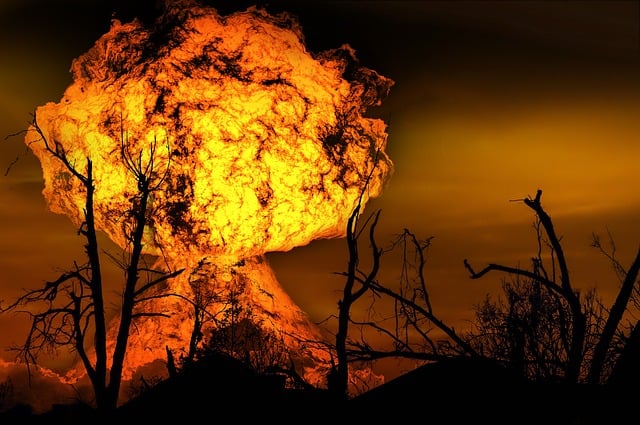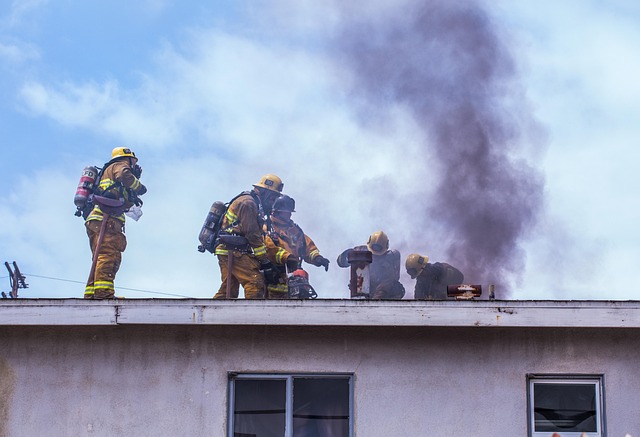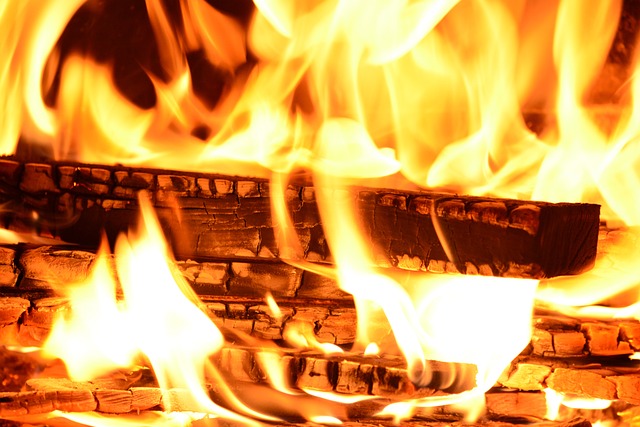When selling a house with fire damage in California, strict disclosure laws require sellers to transparently communicate past fire events, their extent, cause, and ongoing remediation efforts. Failure to disclose known defects like fire damage can lead to legal consequences, including lawsuits from buyers who weren't informed about potential safety hazards or structural issues. Sellers must document the damage thoroughly, prioritize repairs based on safety and cost-effectiveness, enhance curb appeal, and consider professional assistance to ensure compliance with California's disclosure requirements. This process aims to foster trust and empower buyers to make informed decisions while navigating unique challenges related to fire damage disclosure in California real estate transactions.
“In California, real estate disclosure laws are stringent, especially regarding fire damage. This article navigates the complex landscape for home sellers facing this challenge. We explore critical legal obligations, what information must be disclosed during transactions, and the potential consequences of non-compliance. Additionally, we provide practical guidance on preparing properties for resale post-fire and highlight common pitfalls in selling a house with fire damage in California. Understanding these regulations is essential for both sellers and buyers to ensure transparency and limit legal repercussions.”
- Understanding Fire Damage Disclosure Requirements in California
- Legal Obligations for Home Sellers with Fire Damage History
- What Information Needs to Be Disclosed During a Real Estate Transaction?
- The Impact of Concealing Fire Damage on Legal Recourse
- How to Prepare and Document Your Property for Resale After Fire Damage
- Common Challenges in Selling a House with Fire Damage in California
Understanding Fire Damage Disclosure Requirements in California

In California, when selling a house with fire damage, there are specific disclosure requirements that must be met. These laws aim to ensure transparency between sellers and buyers, allowing potential homeowners to make informed decisions about the property they intend to purchase. The key focus is on disclosing any significant fire-related issues that could impact the structure or safety of the residence.
California’s real estate disclosure forms demand that sellers accurately describe any past fire damage, including the date, extent, and cause of the damage. This information empowers buyers to assess whether the property has been adequately repaired and rehabilitated after a fire. Sellers must also provide details on any ongoing remediation efforts or potential hazards associated with the fire damage, such as remaining structural weaknesses or environmental concerns.
Legal Obligations for Home Sellers with Fire Damage History

In California, home sellers have legal obligations when disclosing any significant issues, including fire damage history. The state’s real estate disclosure laws mandate that sellers must inform buyers about any known defects or material facts related to the property. Fire damage, regardless of its severity, falls under this category as it can impact the structural integrity and potential safety hazards associated with a home.
When selling a house with fire damage in California, sellers are required to disclose the occurrence and provide relevant details. This includes the date(s) of the incident(s), the extent of the damage, and any repairs or renovations conducted post-fire. Failure to do so may result in legal consequences, including potential litigation by buyers who were not made aware of pre-existing issues that could affect their decision to purchase the property.
What Information Needs to Be Disclosed During a Real Estate Transaction?

When selling a house in California, there are specific disclosure requirements that must be met to ensure transparency and protect buyers. During a real estate transaction, several key pieces of information should be disclosed to the buyer to avoid potential legal issues and mitigate risks. One critical aspect is revealing any history of fire damage within the property. Fire damage, whether minor or extensive, needs to be openly communicated as it can significantly impact the structural integrity and value of the house.
California law mandates that sellers disclose known defects, including but not limited to, water damage, mold, pest infestations, and indeed, fire damage. This disclosure is typically made through a standard form, ensuring all relevant details are captured. Sellers must provide an honest and accurate account of any repairs or renovations conducted after the fire incident, as well as the nature and extent of the damage. Transparency in this regard facilitates informed decision-making for potential buyers and fosters trust throughout the real estate transaction process.
The Impact of Concealing Fire Damage on Legal Recourse

When selling a house with fire damage in California, full disclosure is crucial to avoid legal repercussions. Concealing significant fire damage can lead to serious consequences for sellers, including potential litigation and financial penalties. California’s real estate disclosure laws are designed to protect buyers by ensuring they have all the necessary information about a property’s condition.
If a seller omits or misrepresents details about fire damage during the sale, it may be considered fraud. Buyers who discover hidden fire damage after purchasing the property may have grounds for legal action, including suing for breach of contract and seeking damages to cover repair costs. To avoid these issues, sellers should be transparent about any fire damage repairs conducted and provide detailed documentation to support their disclosures.
How to Prepare and Document Your Property for Resale After Fire Damage

When preparing to sell a house with fire damage in California, the first step is to thoroughly document the extent of the damage. This includes taking detailed photos and videos of affected areas, keeping records of all repairs conducted, and gathering any reports from insurance providers or professional estimators. It’s crucial to be transparent about the fire event and its aftermath when listing your property. Disclose any known issues, such as structural repairs needed, to potential buyers, ensuring they have accurate information from the outset.
Next, prioritize repairs based on both necessity and cost-effectiveness. Address any safety hazards first, followed by essential structural repairs. Update or replace outdated fixtures and finishes to enhance the curb appeal of your home. Consider staging the property to showcase its best features, potentially maximizing its resale value. Additionally, consult with a real estate professional experienced in selling properties with fire damage to guide you through the process, ensuring compliance with California’s disclosure laws.
Common Challenges in Selling a House with Fire Damage in California

Selling a house with fire damage in California presents several challenges unique to this state’s real estate market. First, potential buyers often associate even minor fires with significant structural issues or hidden dangers, leading to concerns about safety and future costs of repair. This perception can significantly impact the property’s value and the seller’s ability to attract offers.
Additionally, California has stringent disclosure laws regarding property conditions, including fire damage. Sellers must accurately disclose any known issues, which can be complex if the fire occurred years ago or was not thoroughly documented. Failure to disclose could result in legal repercussions, while honest yet comprehensive disclosures may still scare off some buyers, especially those unaware of the potential for restoration and rebuilding.
When selling a house with fire damage in California, adhering to strict disclosure laws is paramount. Understanding and fulfilling these legal obligations not only protects buyers but also ensures a smoother transaction. By accurately disclosing fire damage history and providing comprehensive information, sellers can avoid potential legal recourse and facilitate a successful sale. Proper documentation and preparation are key to navigating the challenges of selling a property with fire damage, ensuring a positive outcome for all involved parties.






